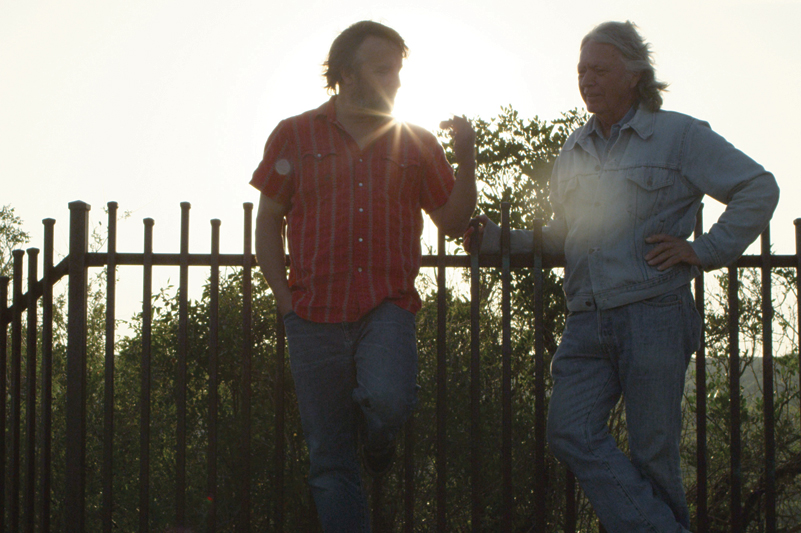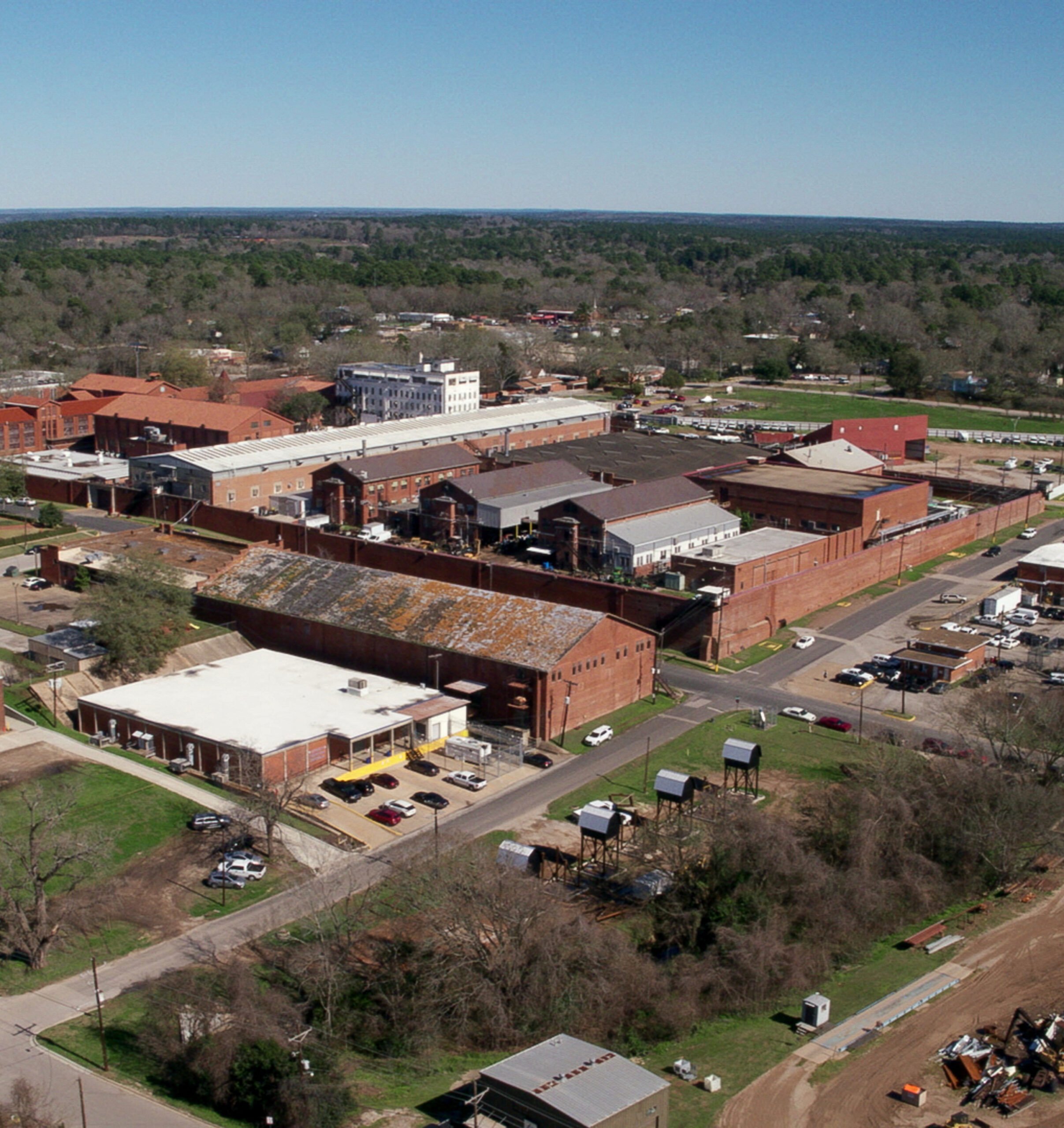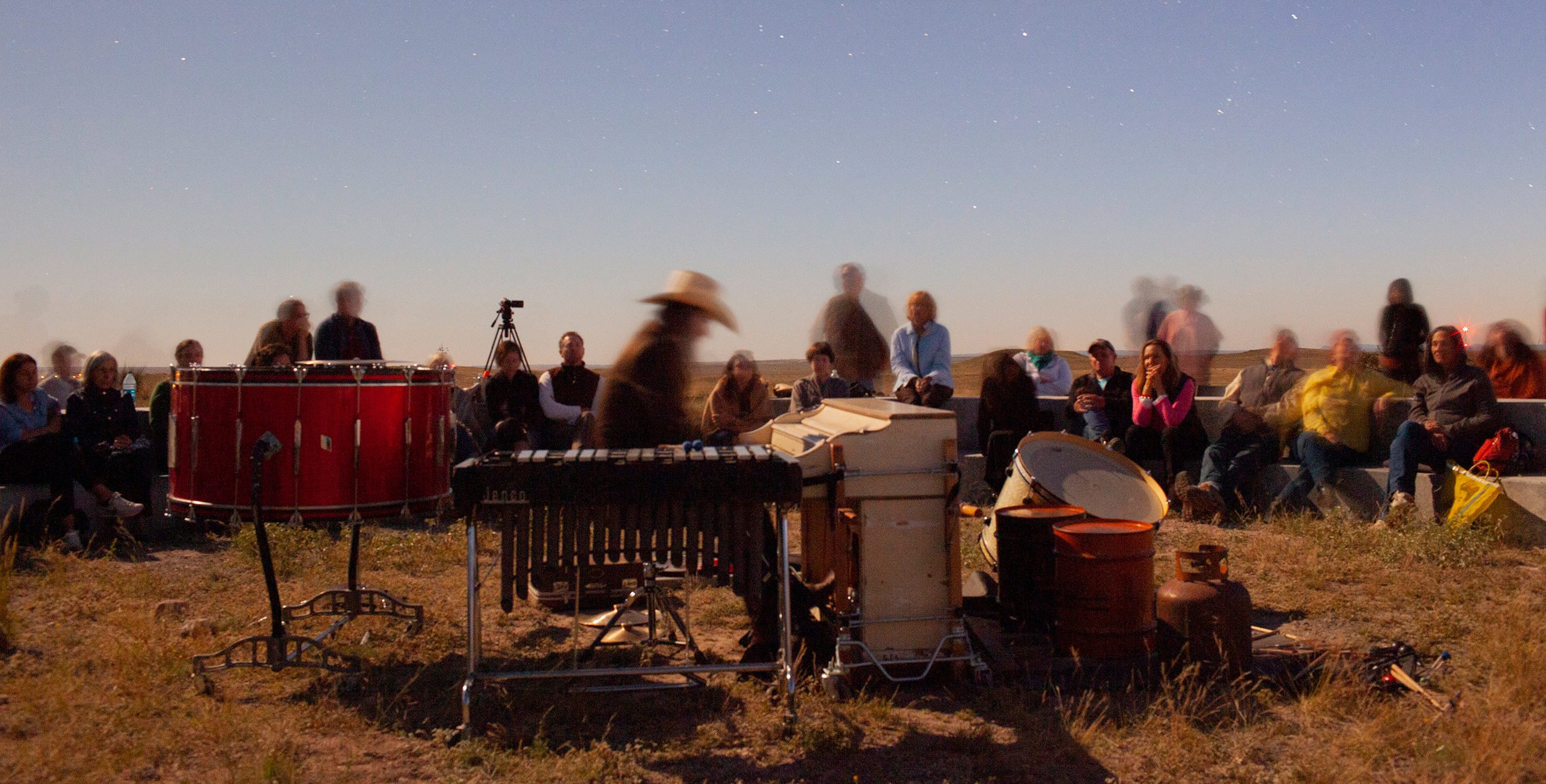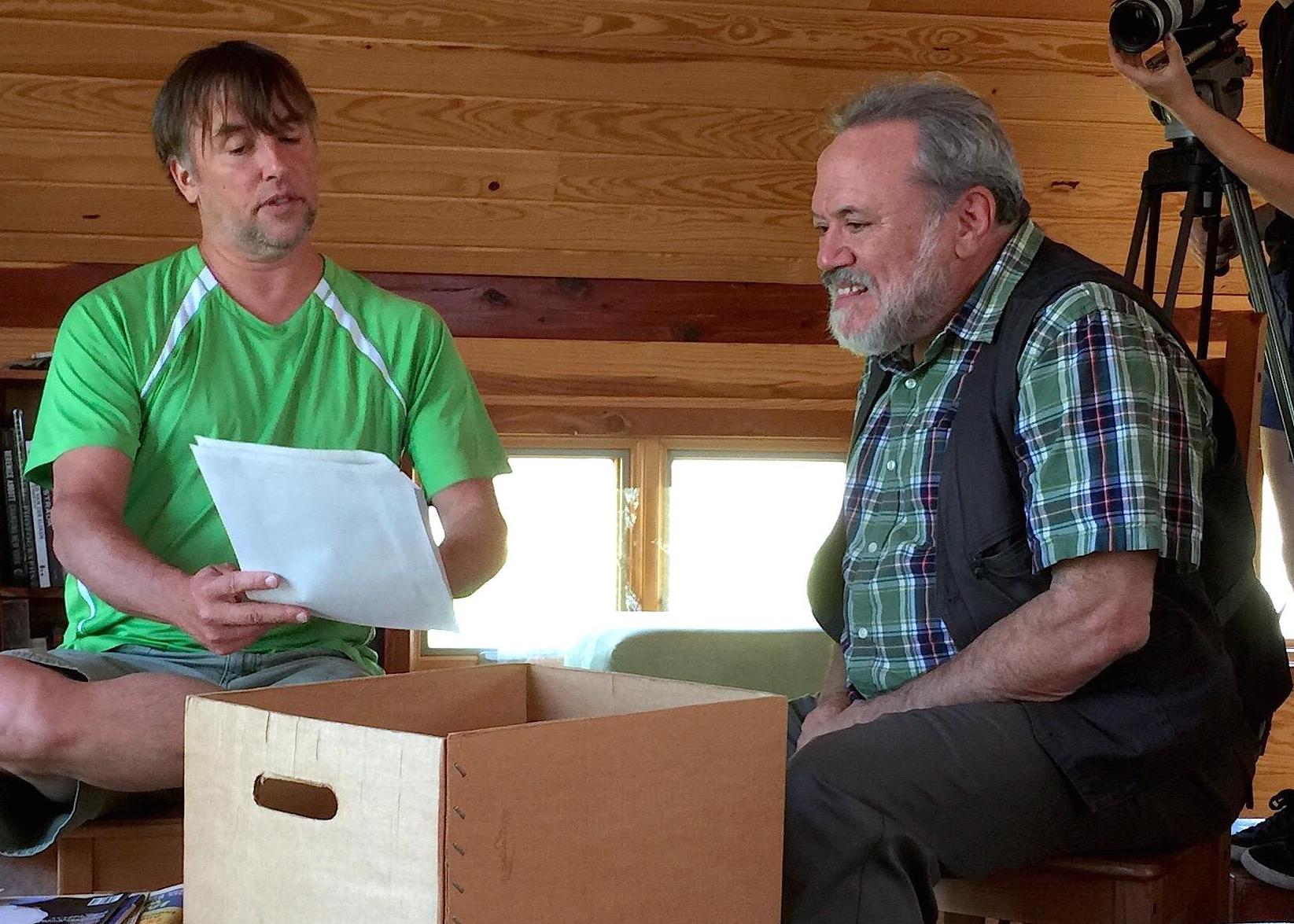
Filmmakers Linklater and Benning Meditate on Memory in Double Play
Twenty-five years ago, director Richard Linklater introduced the world to a vision of Austin—sleepy, slow-moving, contemplative, populated by poets and dreamers and pop philosophers—that has long since vanished into memory. Which is poignant, not just because the success of Slacker and Linklater’s other early films is partially responsible for turning Austin into the quickly waking, commercially thriving, fast-moving city we know today, but because Linklater’s filmmaking is based largely on the idea of memory as the governing force of human life—a belief that the past is the only thing we can really know, and only for fleeting moments, or through the mist of nostalgia, or the vagueness of dreams.
It’s not surprising then that one of Linklater’s cinematic heroes (and the first filmmaker his Austin Film Society paid tribute to back in the early 1990s) is art-house recluse James Benning, whose movies, like Linklater’s early work, lack even the slightest nod to narrative, deploying static landscapes and sensory experience in service of contemplation rather than plot, existing outside of linear time. In Double Play, Gabe Klinger’s new documentary about the friendship between the two men, Benning says that in cinema, duration is meaning. “The present has no dimension, so nothing can be understood,” he says. “So everything we understand is only through memory.” That this makes him sound like a character in Slacker or Waking Life is just further proof of the dovetailing of the two men’s aesthetic philosophies.
http://vimeo.com/user5502665/benninglinklater
If this all seems a little metaphysical for a documentary that features more than one scene of two frumpy middle-aged men playing baseball in a backyard in Bastrop, that’s only because Linklater and Benning are filmmakers who have always concerned themselves more with philosophy and the creation of new languages than with the existing conventions of storytelling. For them, the act of filmmaking is as important as, if not more important than, the film itself. Benning’s best films, like 1977’s One Way Boogie Woogie and 2004’s 13 Lakes, are challenges, exercises in patience meant to coax viewers into a more conscious appreciation of everyday moments, scenes and sounds. His films may or may not be political, but they are intended to persuade—to guide moviegoers toward a different way of viewing the world, free of the shackles of time. And while his protégé Linklater has used conventional narrative structures at various times in his career, he’s best known for his experiments with form, and for exploring new ways to create meaning—from the baton-pass fluidity of Slacker to the extended real-time experimentation of the Before trilogy to his latest, Boyhood, which was shot with the same cast over the span of 13 years.
Watching the movies of Linklater and Benning means putting yourself in a position to view the world abstractly, which is why the experience is always valuable, even when some of the films aren’t. The same is true for watching the two men interact on camera. Over and over they come back to favorite topics: the uncertainty and unknowability of time and experience, and their belief that in uncertainty lies the meaning of existence. Unlike most filmmakers (or most people), Linklater and Benning not only trust the value of the unpredictable in their work, they’ve found a way to let that trust govern their lives.
Klinger wisely plays right along, indulging in long static shots (like Benning’s) and capturing long, rambling conversations (as Linklater does), freeing the camera (as both do) from judgment or intent. And at some point you realize that watching the movies of Benning and Linklater has taught you how to watch a movie about them; that the only way to truly appreciate a film about two such particular men is to be aware, to be open to the small sensory moments of everyday life and to see them as they are, eternal and full of meaning. To understand that film, like life, is just moments passing away, forming into memory and vanishing.
To support journalism like this, donate to the Texas Observer.

